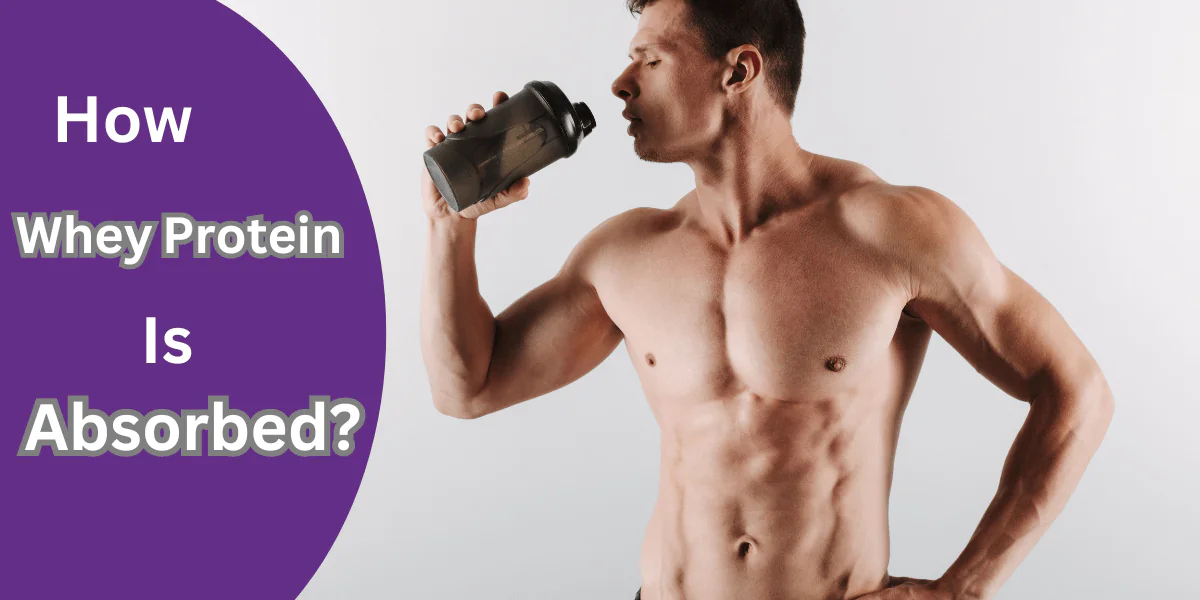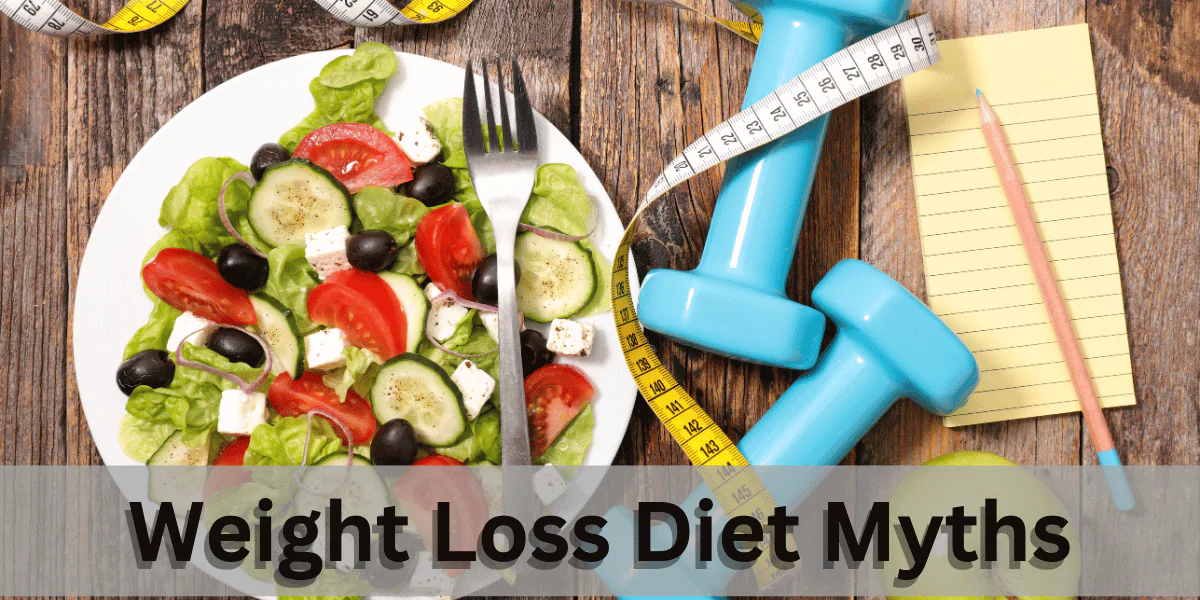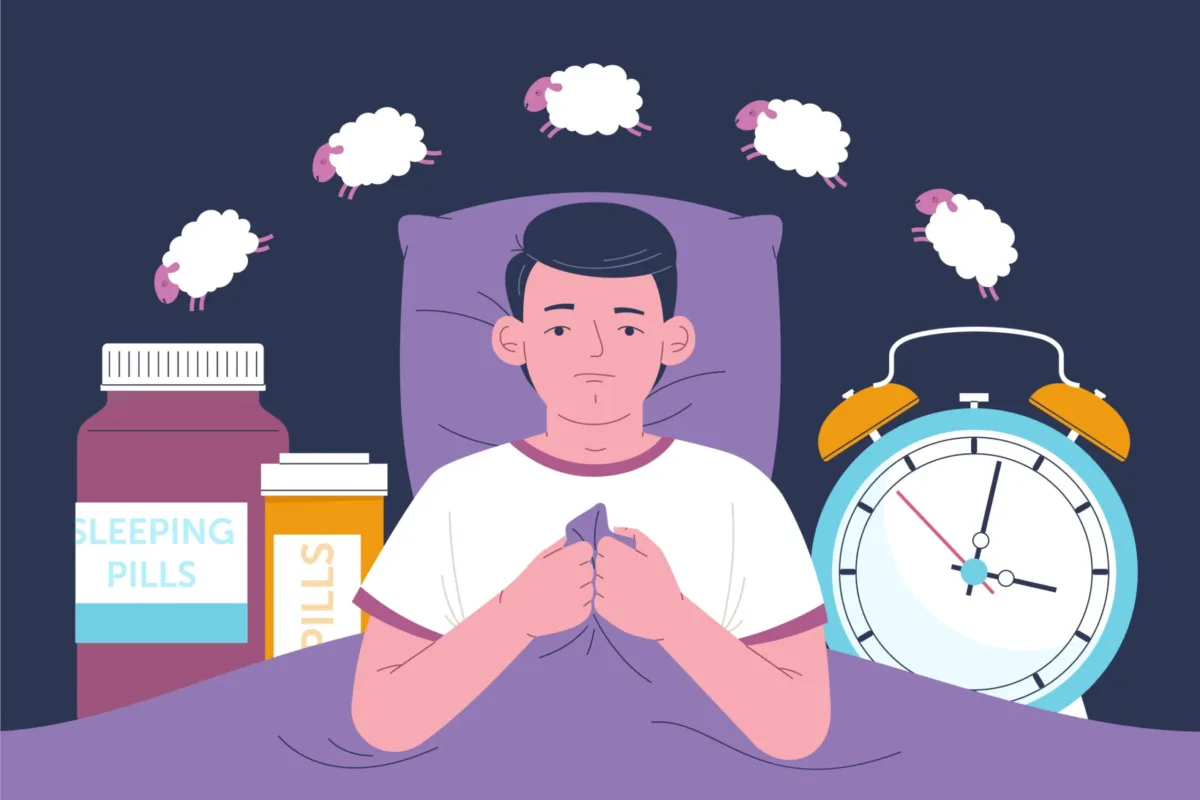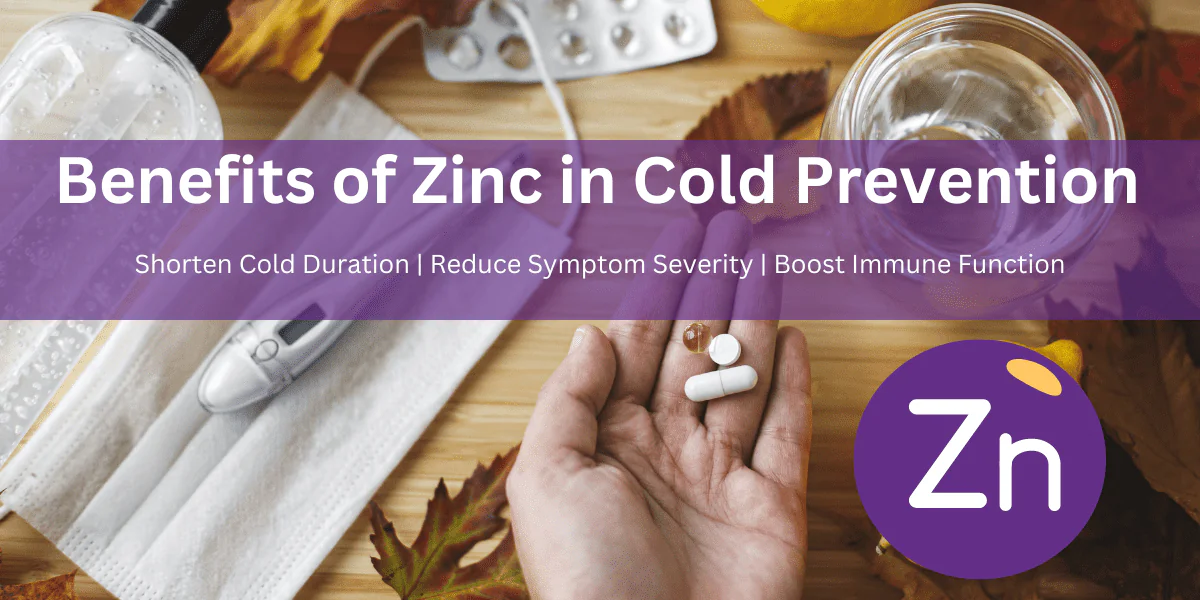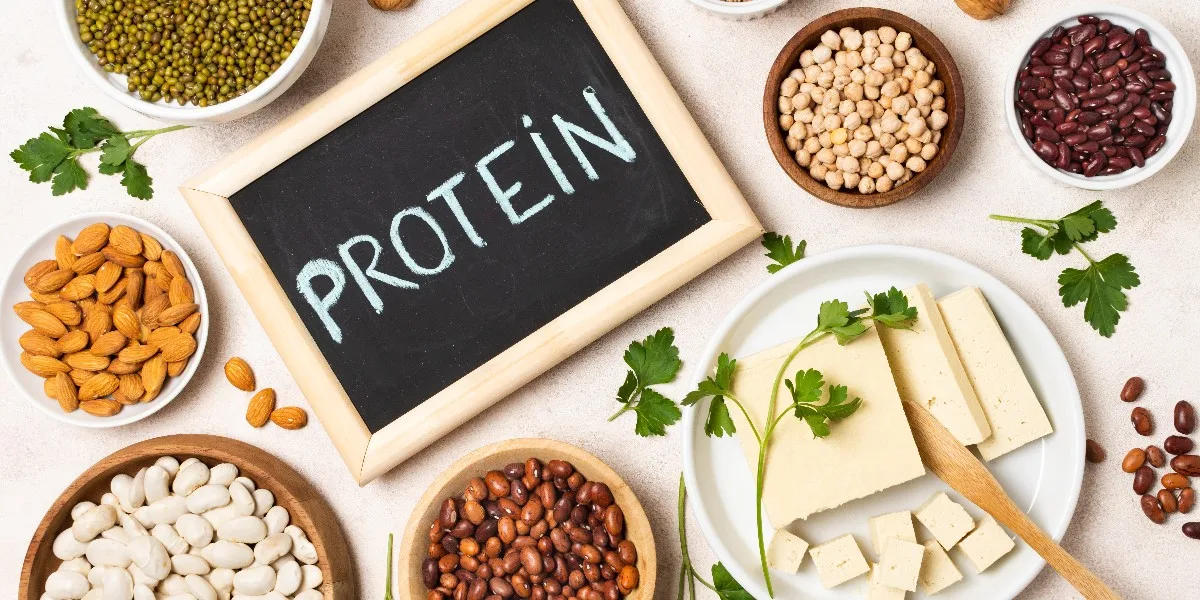Whey protein is a staple in the diet of many fitness enthusiasts and individuals looking to improve their overall health. Extracted during the cheese-making process, whey protein is celebrated for its superior protein quality and rapid absorption rate. Understanding the absorption process of whey protein is essential for maximizing its nutritional benefits and integrating it effectively into one’s diet.
Understanding Whey Protein
Whey protein originates from milk, which comprises two primary proteins: casein and whey. During cheese production, whey protein is separated from the curd, undergoing various processing steps before being dried into a powder. This powder is then used in dietary supplements and protein shakes. Whey protein is available in three forms: concentrate, which has a lower protein content and more fats and carbohydrates; isolate, which is processed to remove most of the fat and lactose, resulting in higher protein content; and hydrolysate, which is pre-digested, allowing for faster absorption.
The Digestive Process of Whey Protein
The journey of whey protein begins in the stomach, where it encounters stomach acids and enzymes. These substances start the breakdown of protein molecules into smaller units known as peptides and amino acids. This initial step is crucial for the subsequent phase of digestion in the small intestine, where the bulk of protein absorption takes place.
Absorption in the Small Intestine
The small intestine is where the magic of absorption occurs. Here, pancreatic enzymes and enzymes from the intestinal lining further dismantle peptides into individual amino acids. These amino acids are then transported across the intestinal wall into the bloodstream. Once in the bloodstream, they are distributed throughout the body, contributing to muscle repair, growth, and various other vital functions.
Factors Influencing Whey Protein Absorption
Several factors impact the digestion and absorption speed of whey protein. The form of whey—whether concentrate, isolate, or hydrolysate—affects how quickly it is absorbed. Hydrolysate and isolate forms are known for their rapid absorption rates. Moreover, the amino acid composition of whey protein influences its effectiveness and how the body utilizes these nutrients.
Benefits of Whey Protein Absorption
The absorption of whey protein offers numerous benefits, crucial for both athletes and individuals looking to maintain or improve their health. The high-quality protein in whey is rich in essential amino acids, which are pivotal for muscle repair and growth. After strenuous workouts, muscles undergo micro-tears and require adequate protein to heal and grow stronger. Whey protein’s rapid absorption rate makes it an ideal source for post-exercise recovery, facilitating quicker muscle repair and growth compared to other protein sources.
Beyond muscle recovery, whey protein absorption plays a significant role in enhancing immune function. Whey contains immunoglobulins and lactoferrin, components known to boost the immune system. These elements help in fighting off pathogens and strengthening the body’s defense mechanisms against illnesses.
Whey protein also contributes to better heart health. Studies have shown that regular consumption of whey protein can lead to reductions in blood pressure and arterial stiffness, attributed to bioactive peptides called lactokinins found in whey. These peptides help in improving cardiovascular health by enhancing blood flow and reducing inflammation.
Optimizing Whey Protein Absorption
Maximizing the absorption and benefits of whey protein involves strategic timing and combining it with other nutrients. The timing of whey protein intake can significantly affect its benefits, especially in relation to exercise. Consuming whey protein within 30 minutes to an hour after a workout, known as the “anabolic window,” can enhance muscle recovery and growth. This timing takes advantage of the body’s heightened state of absorption, allowing for maximum uptake of amino acids.
Incorporating whey protein with carbohydrates post-workout can further optimize recovery and absorption. Carbohydrates help replenish glycogen stores depleted during exercise, while the insulin spike from carbs enhances protein synthesis by driving more amino acids into the muscle cells. A ratio of 3:1 or 4:1 (carbohydrates to protein) is often recommended for optimal recovery and muscle glycogen replenishment.
Hydration is another key factor in optimizing whey protein absorption. Proper fluid intake supports the body’s ability to transport and utilize the amino acids efficiently throughout the body. Additionally, staying hydrated ensures that the kidneys function effectively in processing the protein.
Common Myths
Numerous myths surround whey protein, including concerns over kidney damage and the belief that it is absorbed too rapidly to be beneficial. However, scientific studies have debunked these myths, demonstrating that whey protein is safe and effective when included as part of a balanced diet.
Potential Side Effects of Whey Protein
While generally safe for most individuals, whey protein can cause digestive discomfort in some, including bloating and gas, particularly in those with lactose intolerance. Allergic reactions, though rare, can also occur. It is important to listen to your body and adjust your whey protein intake as needed.
Conclusion
Understanding the absorption process of whey protein is key to leveraging its numerous health and fitness benefits. By dispelling myths and being aware of potential side effects, individuals can make informed choices about incorporating whey protein into their diets. Whether for muscle repair, growth, or overall health, whey protein is a valuable addition to a healthy lifestyle, offering essential nutrients to support physical well-being.
Read more : Unlocking the Power of Creatine Monohydrate: Is It Right for You?
Disclaimer : The information provided on myhealthpage.in is not a substitute for professional medical advice, diagnosis, or treatment. If you have any questions or concerns about your health, please consult with a licensed physician or other qualified healthcare provider.
Image by drobotdean on Freepik

